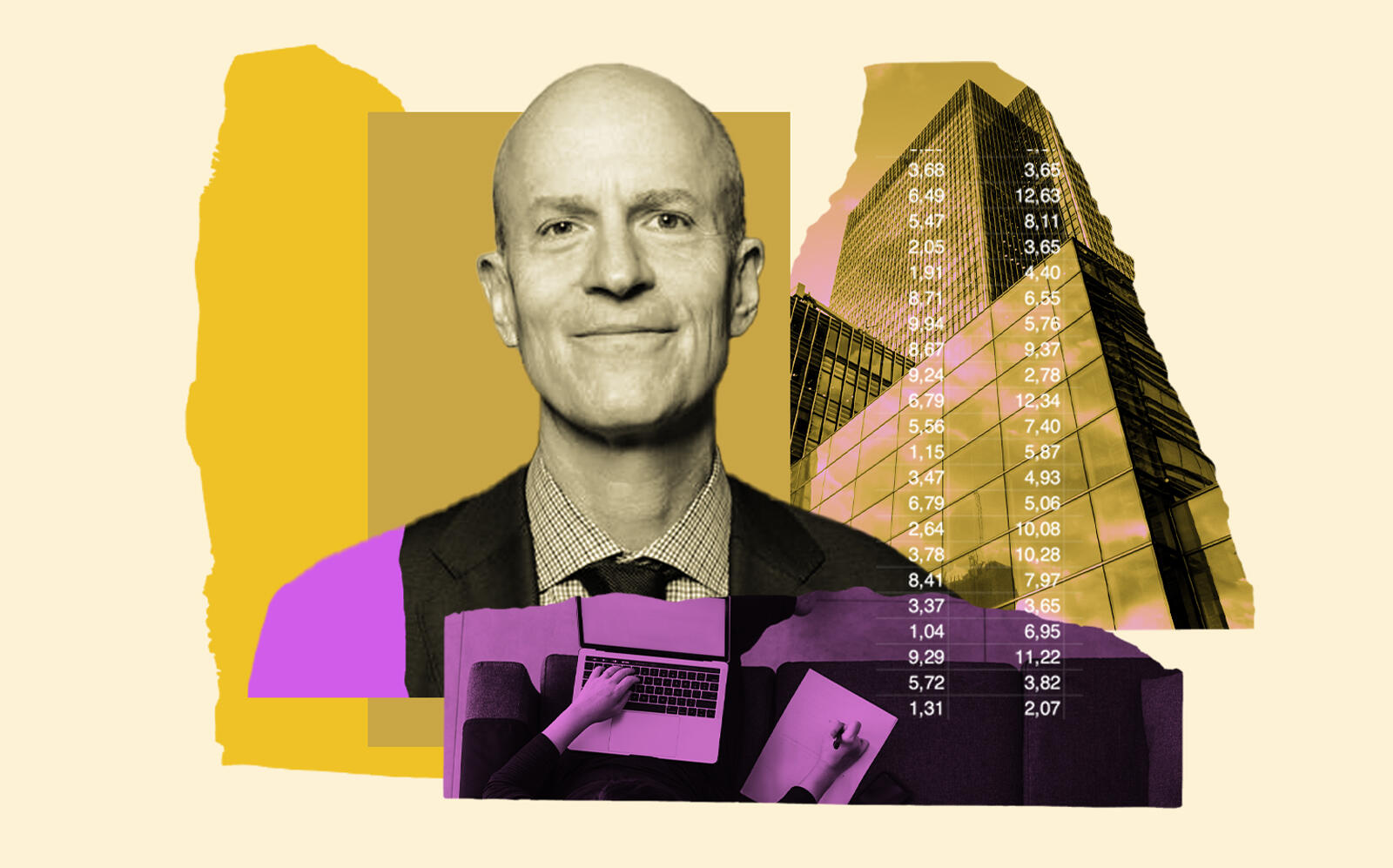One of the nation’s largest office landlords isn’t worried about the rise of remote work.
While the continued work-from-home trend will have a long-term impact on the office market, the threat is “overstated” for landlords of Class A office space, Boston Properties CEO Owen Thomas said Wednesday.
“The market is concerned … We acknowledge that’s the case,” Thomas said on the real estate investment trust’s second-quarter earnings call.
The expansion of remote work has been accompanied by a flight to quality, Thomas said, providing an edge in the leasing market to landlords in gateway cities or those with a heavy concentration of tech and life sciences tenants.
“I do believe corporate leadership wants to have their employees return to the office,” Thomas said. “And one of the ways they’re going to do that is to have great offices.”
Across its portfolio, Boston Properties inked approximately 1.2 million square feet of leases during the second quarter — more than double its first-quarter leasing volume, but 10 percent below long-term averages for the second quarter — with a weighted-average lease term of 7.5 years.
“The delta variant could slow the recovery, but I think the recovery is going to happen,” Thomas asserted. “It’s not an if question, it’s a when question.”
President Douglas Linde said office and life sciences vacancy was “basically flat” compared to the first quarter. Large employers are “moving forward with plans for space based on long-term growth plans,” and smaller companies’ space needs have proven to be “very very stable,” he said.
Mid-sized companies, however, are taking more time to finalize their in-office and work-from-home balance, he added.
In New York, roughly 50 percent of employees who had building access in February 2020 are now returning to the office at least once a week. That’s compared to 34 percent in Boston and just 20 percent in San Francisco.
“It’s very different from market to market,” Linde said.
Boston Properties reported a 13.2 percent increase in funds from operations per share in the second quarter, attributing the gain primarily to better portfolio performance and higher-than-expected parking, hotel and retail income.
Second quarter revenue increased to $713.8 million from $654.8 million, representing a 9 percent gain year-over-year.
Boston Properties will enter the Seattle market with a planned joint-venture purchase of the 800,000-square-foot, 50-story Safeco Plaza, which is 90 percent leased. The $465 million deal, which the company announced Tuesday, is expected to close in September.
Boston Properties’ share price was up roughly 2 percent in early trading Wednesday.
